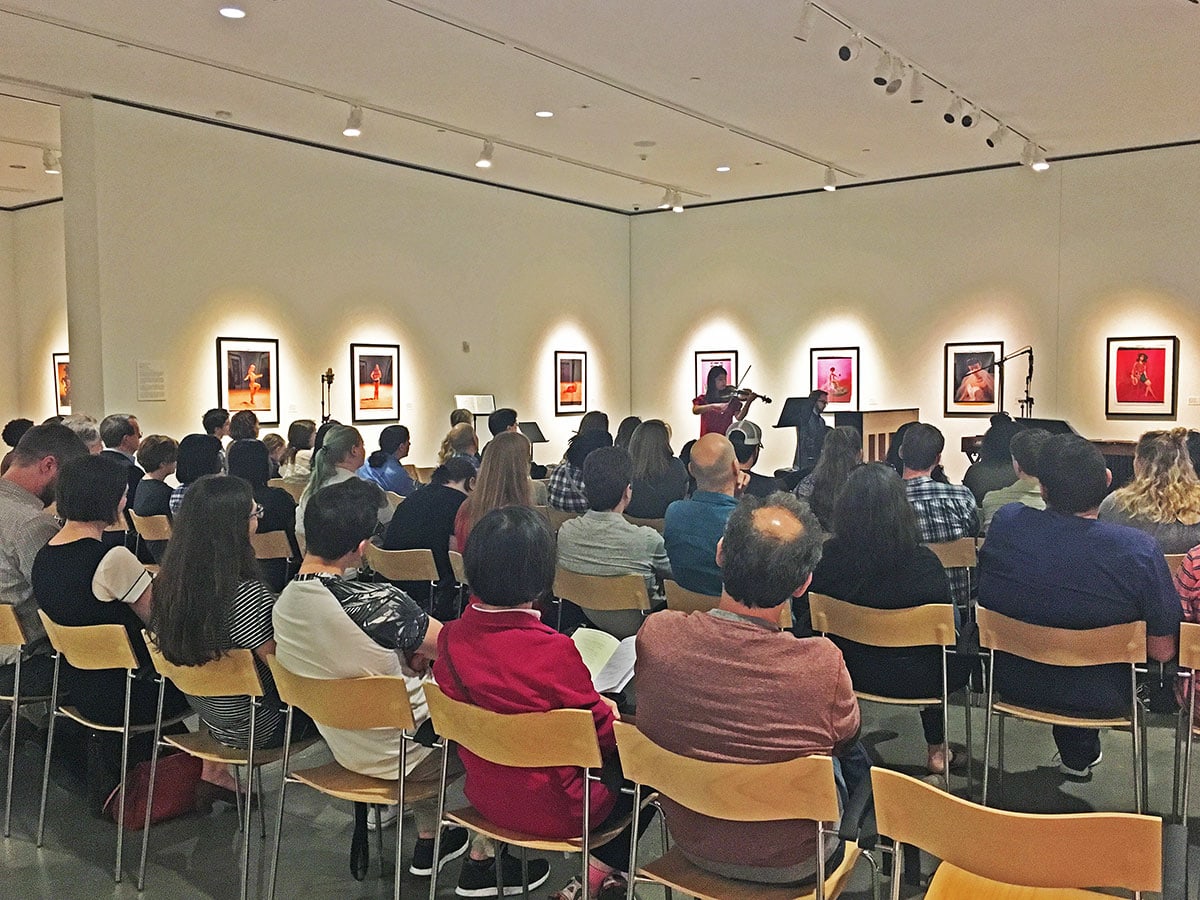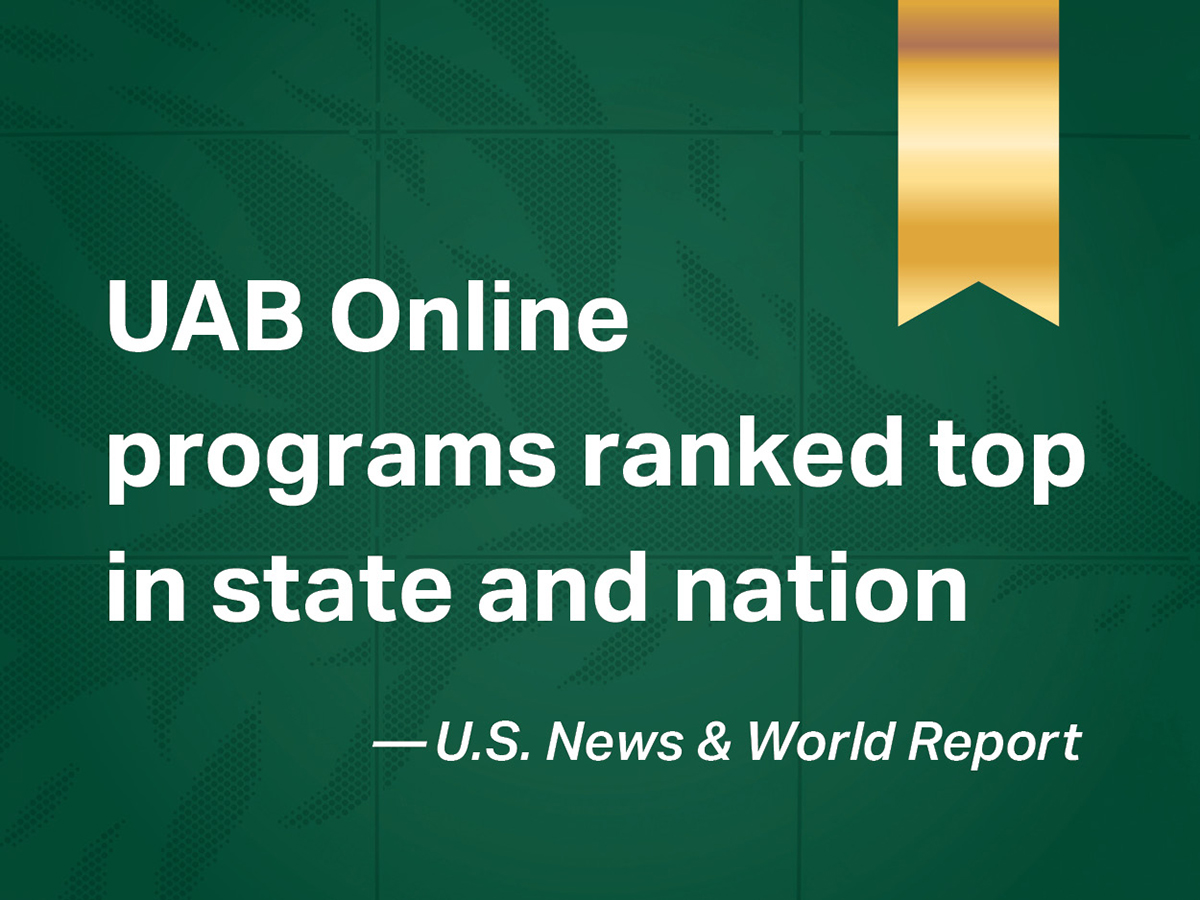 Data science was born centuries ago when vast amounts of astronomical data first became available. To draw actionable conclusions from the information, new approaches for analyzing data had to be invented. Today, artificial intelligence (AI), machine learning (ML), and other data science techniques offer new opportunities for analyzing big data to solve problems impacting society.
Data science was born centuries ago when vast amounts of astronomical data first became available. To draw actionable conclusions from the information, new approaches for analyzing data had to be invented. Today, artificial intelligence (AI), machine learning (ML), and other data science techniques offer new opportunities for analyzing big data to solve problems impacting society.
In the last decade, data science has become truly interdisciplinary, with accelerating applications in many different fields and data scientists coming from diverse disciplines. For example, ML and data-driven approaches are used by physicists at the University of Alabama at Birmingham to solve challenging science and engineering problems, holding promise to revolutionize current technologies and advance fundamental knowledge that will change our world.
Specifically, UAB’s Department of Physics is integrating data-enabled materials and photonics research with workforce training to prepare graduates for a data-driven technical market. For example, faculty members Renato Camata, Ph.D., and Cheng-Chien Chen, Ph.D., were part of the “Roadmap on artificial intelligence and big data techniques for superconductivity,” a paper that lays out how AI and big data drive superconductivity research and development (R&D) to spark a tech revolution. This roadmap was published as an invited paper in the Institute of Physics’ journal Superconductor Science and Technology, and it showcases 18 short pieces produced by 40 researchers from 25 institutions around the world. Together, these articles offer a comprehensive guide on how the power of machine learning can help overcome present obstacles that have held back the creation of new technologies built with superconducting components.
This data-enabled research has also provided new opportunities for UAB students. For example, a recent physics Ph.D. graduate found a job as an R&D associate in AI-enabled synthesis of novel materials at the Oak Ridge National Laboratory. Other graduate students have been using machine learning to visualize and decode complex experimental data acquired with electron microscopy and advanced laser spectroscopy. In addition, physics undergraduate students have been using AI to model financial stress in the banking system and adapt AI codes to analyze hyperspectral data for energy applications.
The Department of Physics is offering new Blazer Core Curriculum and elective courses for all students. Such courses promoting data fluency and computational modeling instruction include “Understanding the World Through Data,” “Reasoning through Modeling and Simulation of Data,” and “Machine Learning Applications in Physics and Materials Science.” Also, data visualization and analysis tools are now embedded in introductory physics courses that serve many undergraduate majors, such as “General Physics I & II” and “Computation, Theory, and Measurement in Quantum Physics and Relativity.”
The department is also reaching the community through programs like the Magic City Data Collective (MCDC). The MCDC internship program connects future data professionals with purpose-driven organizations, including many local companies and non-profits. In this innovative data training program, UAB student teams from a wide variety of backgrounds and majors realize the synergistic benefits of their varied disciplinary perspectives by solving problems of civic importance.
By emphasizing fundamental data science and computational skills together with critical thinking and creativity, the Department of Physics prepares students to tackle real-world, complex problems across a variety of disciplines, including physics, data science, biology, business, and finance. Centuries ago, Copernicus and Kepler were the first “data scientists” who figured out planetary orbits from astronomical data. Now, physicists are using data science to enable the fourth industrial revolution.
Given the department’s recent national award from the American Physical Society, as well as being named one of the 25 Best Online Accelerated Physics BS/MS degrees, great progress for addressing the challenges and opportunities of today’s knowledge-based economy and society has been made through these efforts.


